Behind bars, thinking of Mars: Life in space project opens up to prisoners

In a futuristic collaboration between the University of Edinburgh and digital learning company Coracle, inmates are being encouraged to design spaceships and moon bases and to consider life in outer space.
The Life Beyond project is now available in England, Wales and Northern Ireland through Coracle Inside, a digital education service which provides laptops for use in prison cells.
What started out as a lecture given by Professor Charles Cockell about life in space given to inmates at the Scottish prisons HMP Shotts, Edinburgh, Glenochil and Lowmoss has now grown into a fully interactive course involving art work, philosophical ideas and other creative projects, such as making a lunar cookbook.
The project has caught the attention of those who are actually working in the field of space exploration. The art, poems and other writing produced by Scottish prisoners can now be seen in two books being published by the British Interplanetary Society: ‘From Prison to the Moon’ and ‘From Prison to Mars’.
Professor Cockell, an astrobiologist who has worked with NASA and the European Space Agency, collaborated with the Scottish Prison Service and Fife College to develop the programme of workshops and activities which helped prisoners to develop original artwork and creative writing.
Professor Cockell believes the project has revealed the similarities and parallel experiences which connect life behind bars with life in outer space.
“For prisoners, they have the experience of confinement, which overlaps with being in outer space. Because of this, prisoners are able to give us a unique perspective on how smaller societies can create their own cultures,” he said.
“In prisons, we give lectures on what might happen in human settlements in outer space over the next 20 years, and why we go to outer space.
“This gives prisoners a sense of ideas linked to space exploration, and then asks them: ‘What would you do on Mars if you went and why would you want to go?’”
From poetry to music composition to painting, Life Beyond lets its participants use creative mediums that they might have never tapped into before. Many of the prisoners have discovered hidden talents during their time on the project, giving them new avenues to explore upon their release.
Cockell says Life Beyond helps prisoners to ask philosophical questions concerning human life and civilization, which they might not otherwise be prompted to consider.
“It motivates them to think beyond the four walls they’re confined to and to question the meaning of life,” he says.
The perspective of prisoners is not often considered during conversations about the future and what our world ought to look like.
But many of those involved in prison education are keen for the project to keep on running and for its reach to be expanded. Among them is James Tweed, CEO of Coracle Inside, a digital learning company that provides inmates with access to laptops in their cells.
Tweed says that, when he heard about Life Beyond, he immediately recognised its benefit and wanted to make it available to as many prisoners as possible.
“I immediately saw this project as a great way for prisoners to explore important questions, use their imaginations and think bigger than many will have done before. But also, I genuinely thought their perspective would be useful to the space industry.
“Life in space is very hard and your choices on how to behave are greatly limited. This is something which prisoners understand, so asking them for their perspective is a very innovative and interesting approach and could prove very valuable to humanity in the future.
The Life Beyond project is now being made available via Coracle’s virtual learning environment which is in over 50 prisons.
Tweed hopes there will be a third book and that the insights and creativity that come from the projects will be useful for future generations.
He adds: “Prisoners have fallen foul of society’s rules and are now paying the price. But because of this, I believe prisoners can provide a great deal of insight into these questions.
“If we do go on to live in outer space in great numbers, we will have to rethink how we organise and govern our societies. Someone who has already spent very long hours locked in a cell can well imagine the constraints of living in space.
“Future space explorers could do far worse than to reflect upon the thoughts and ideas of prisoners.”

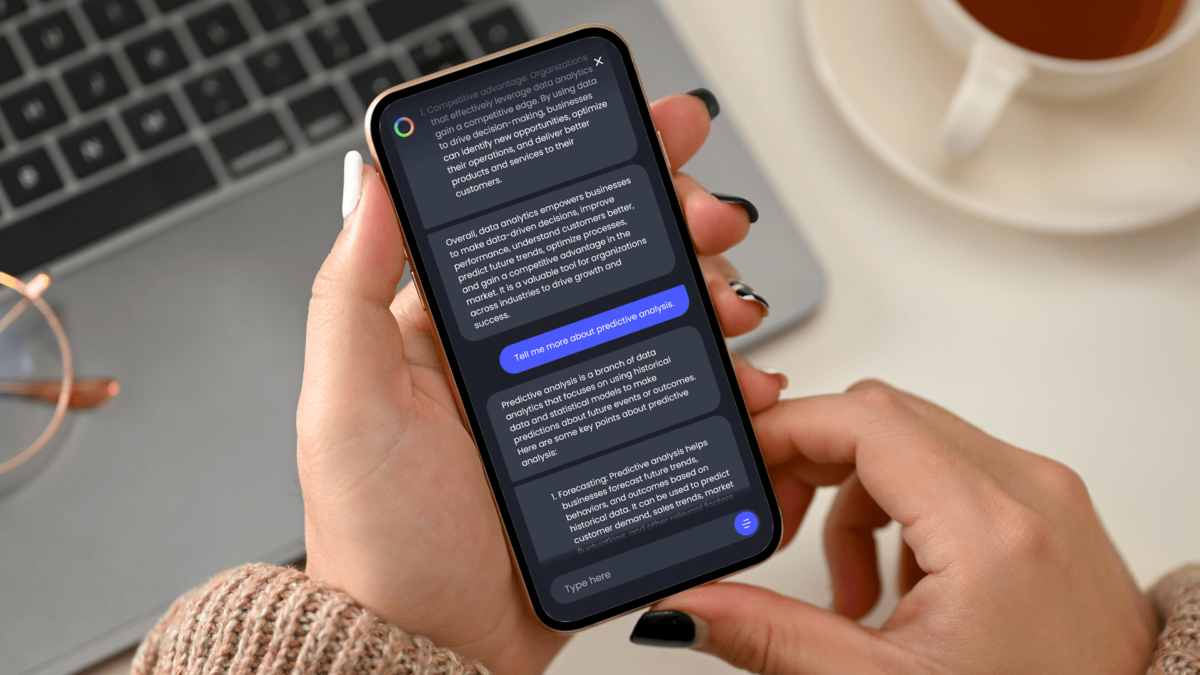

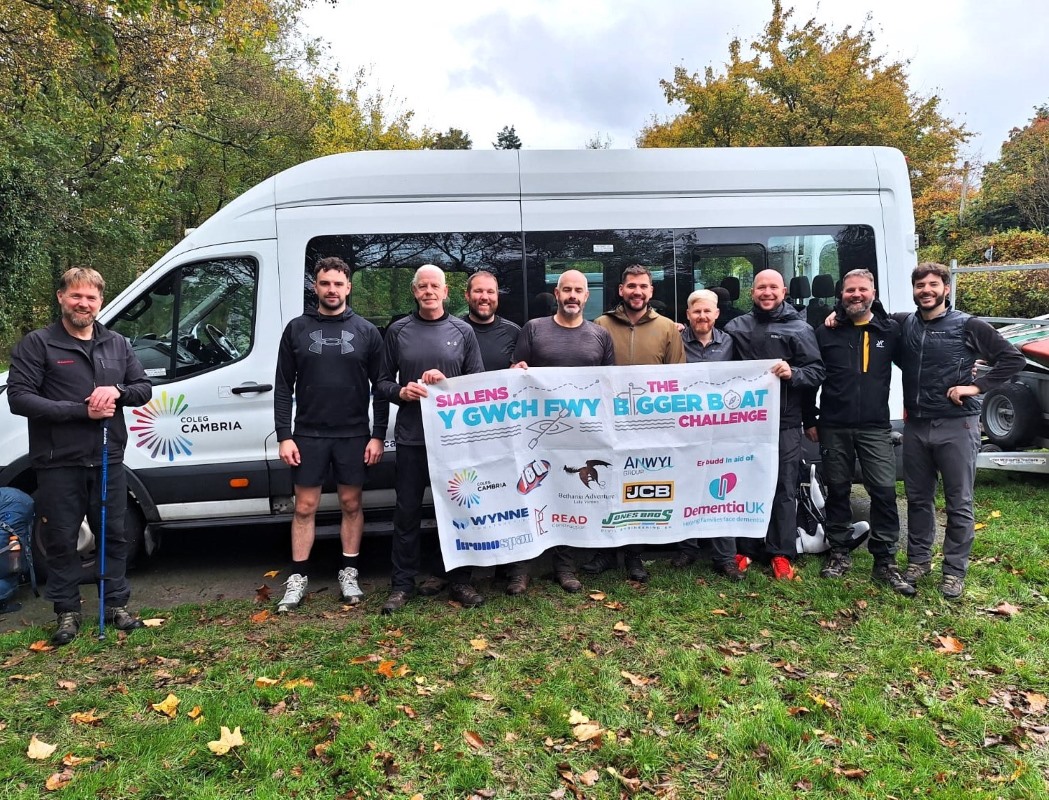


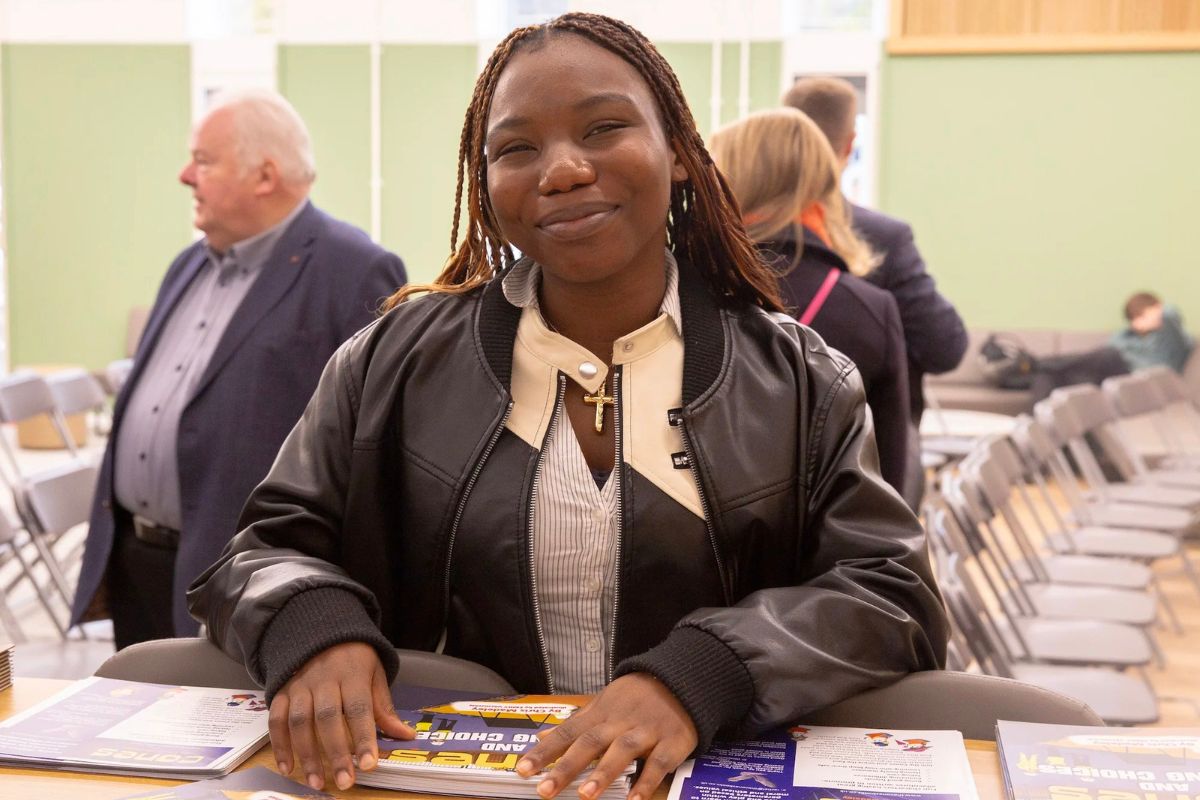
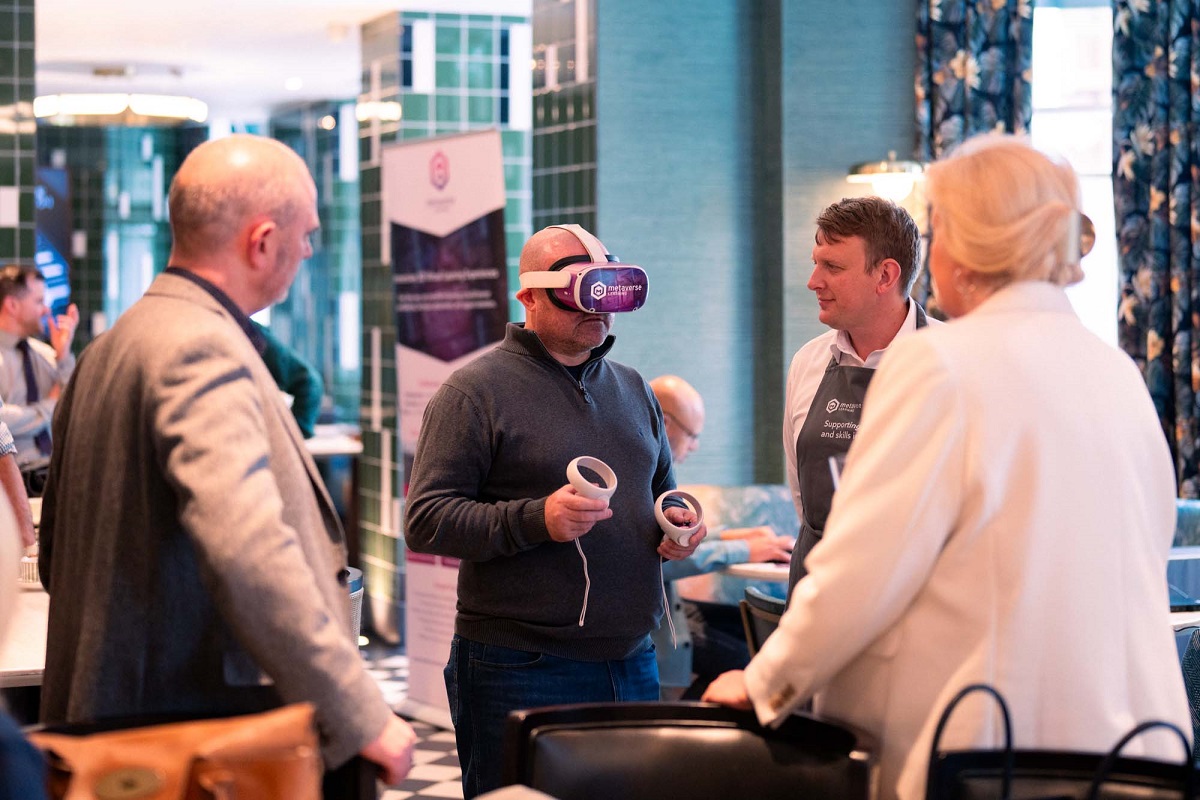
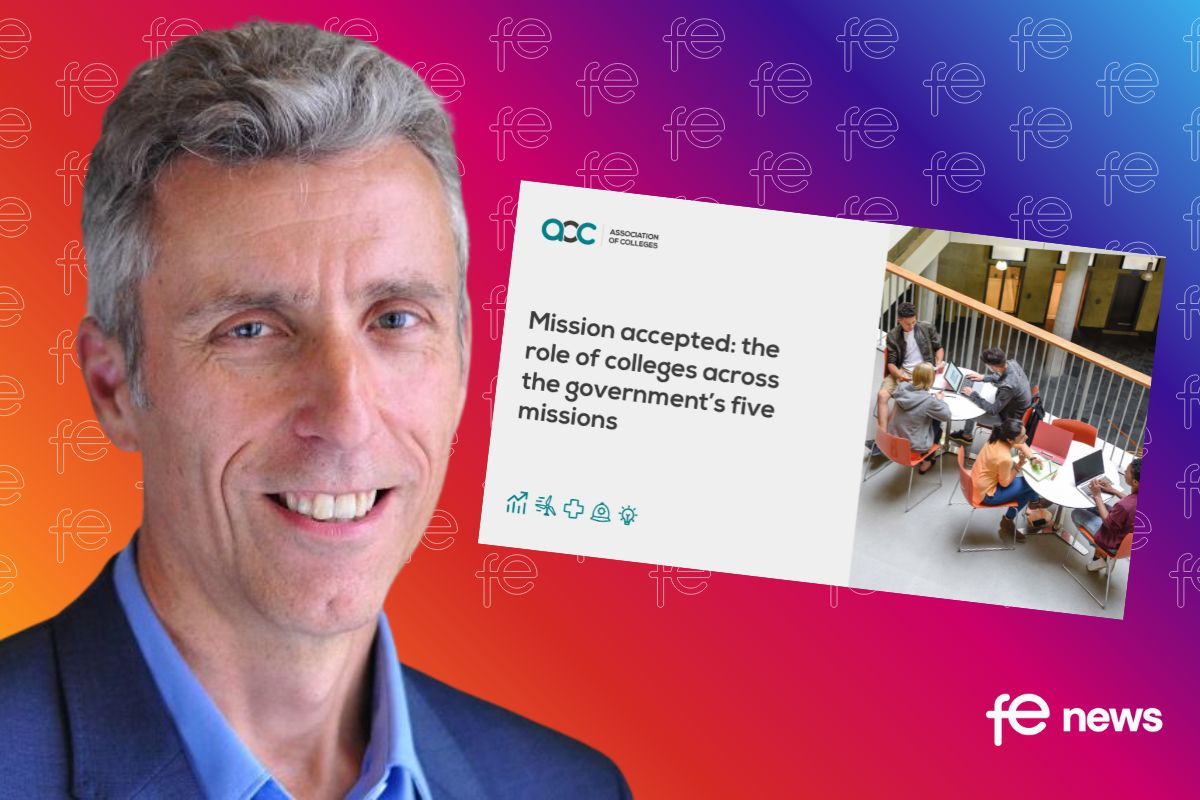


Responses